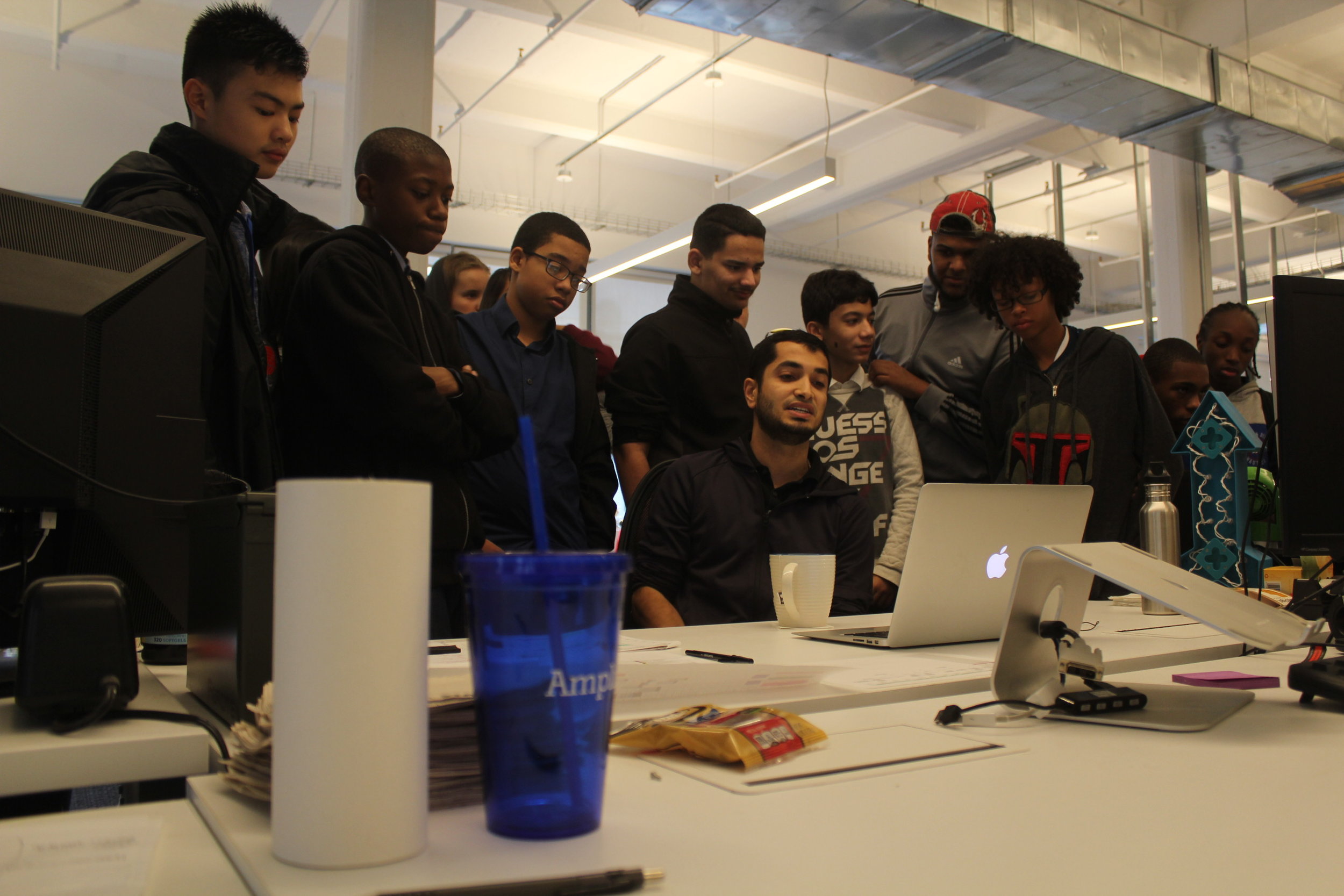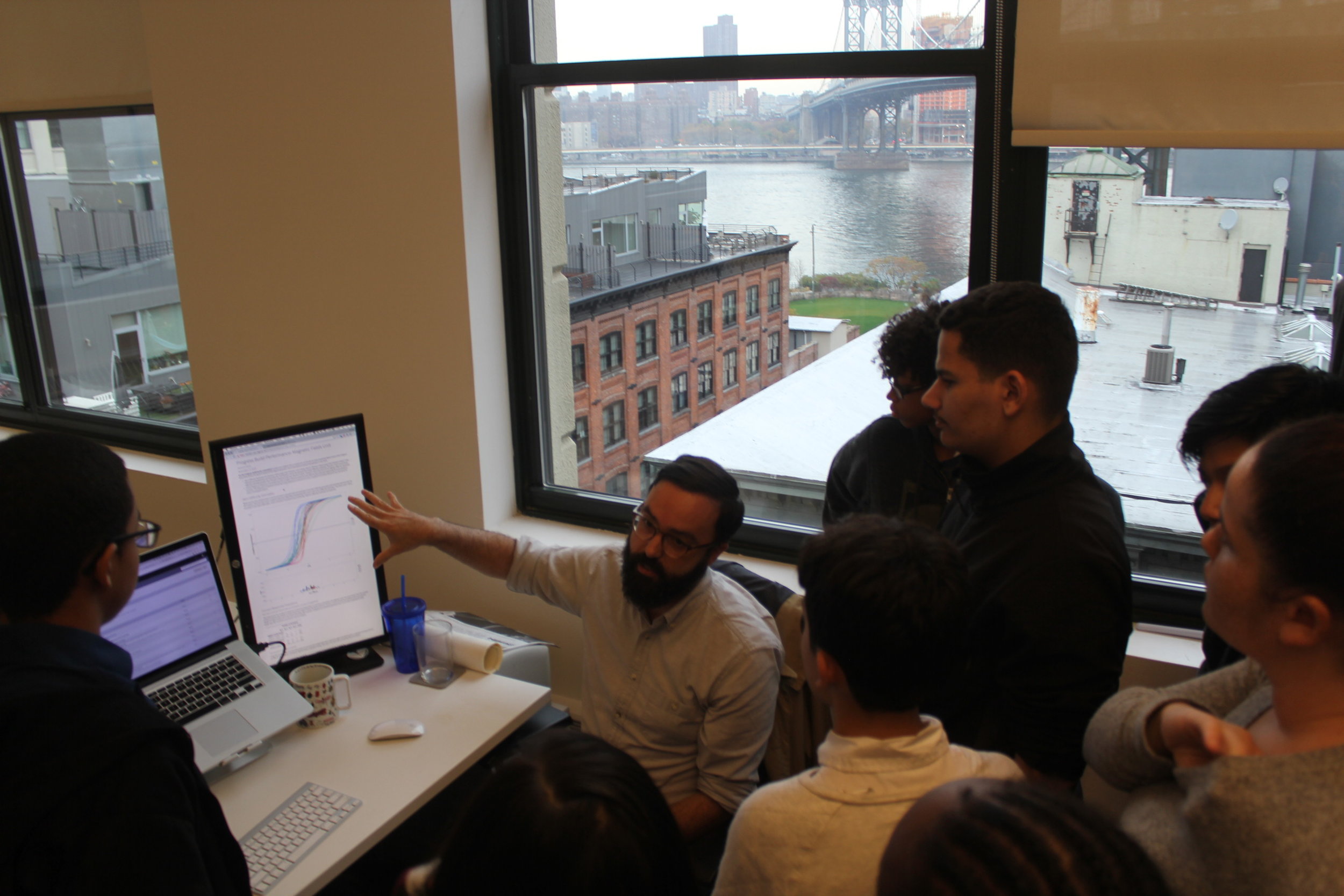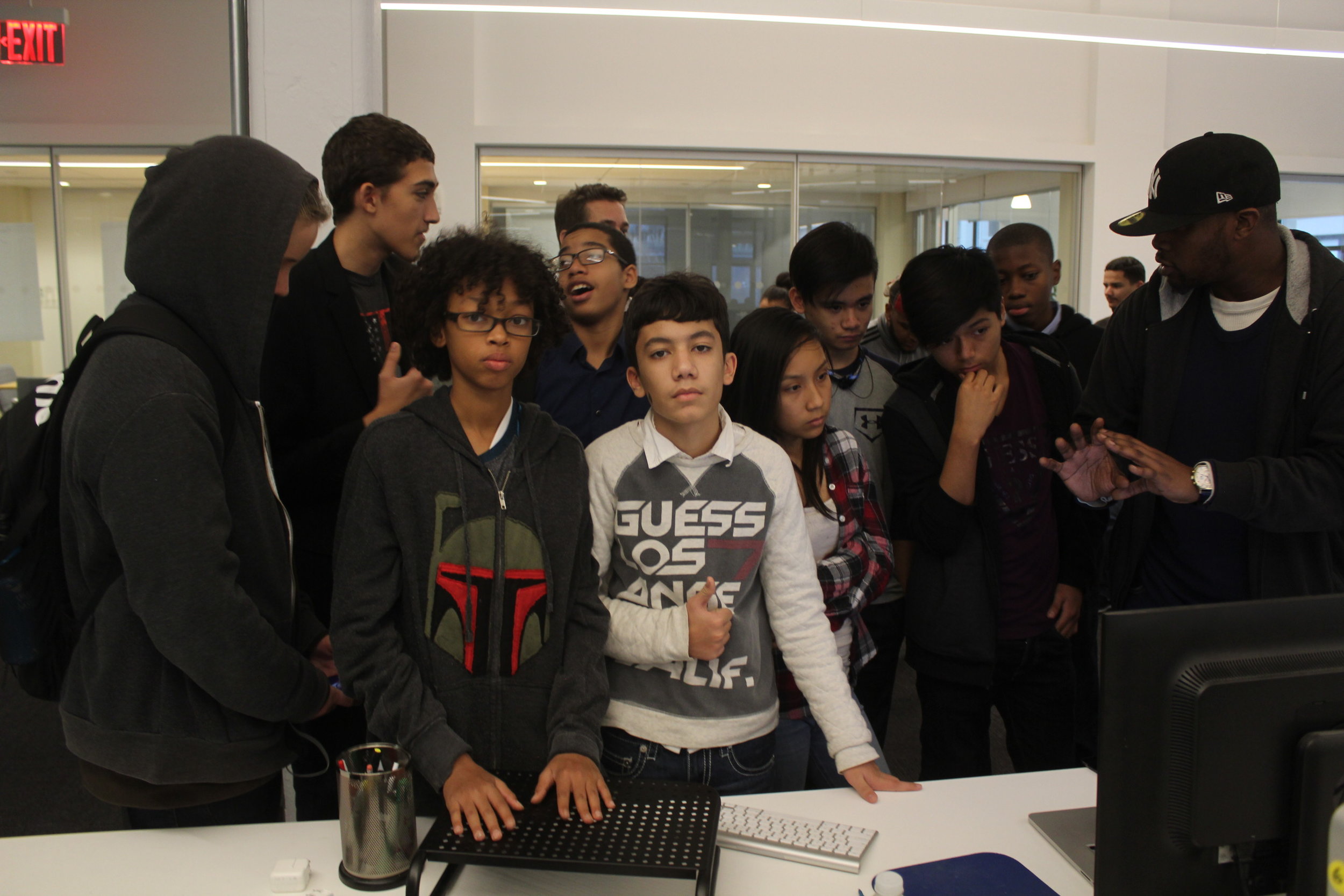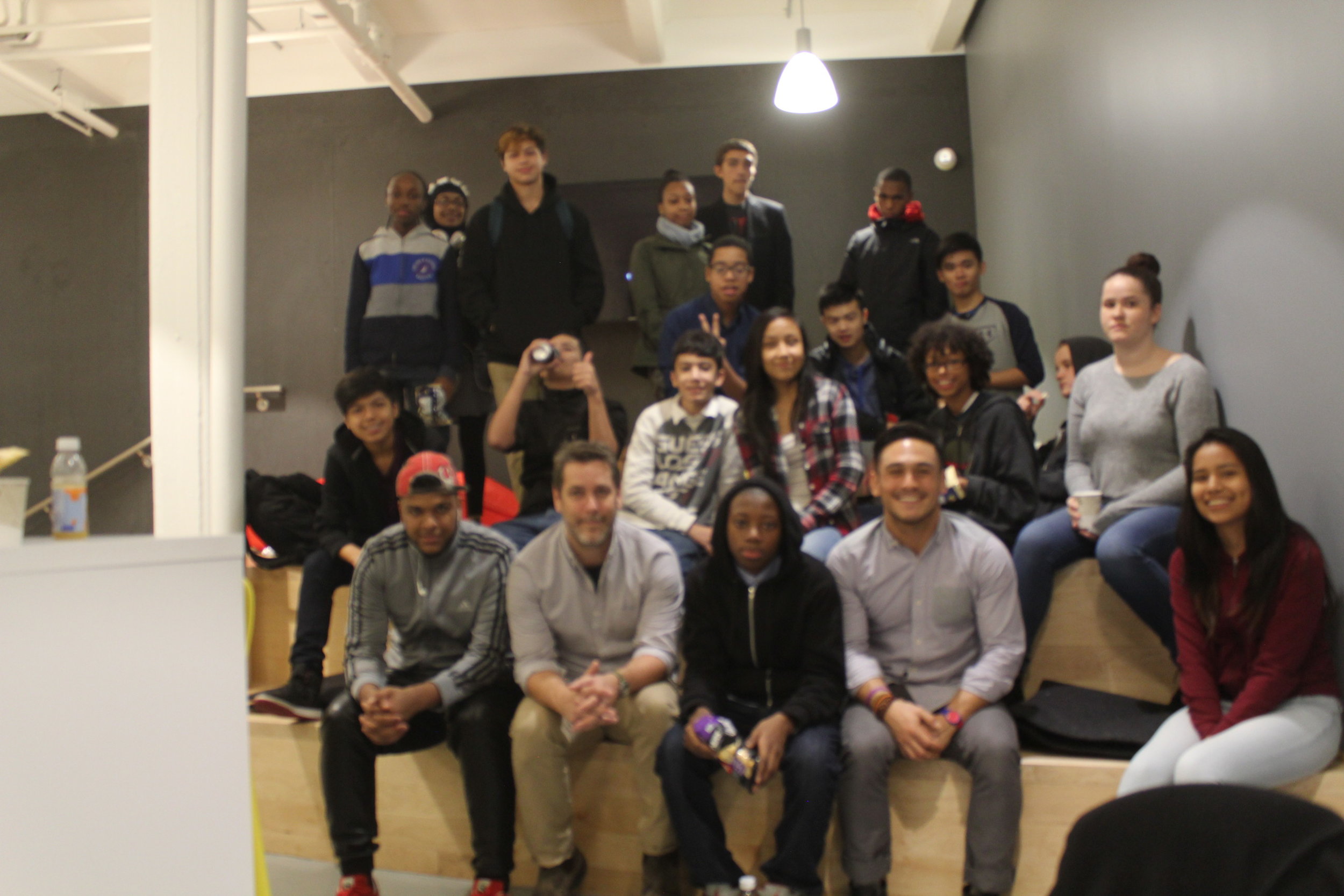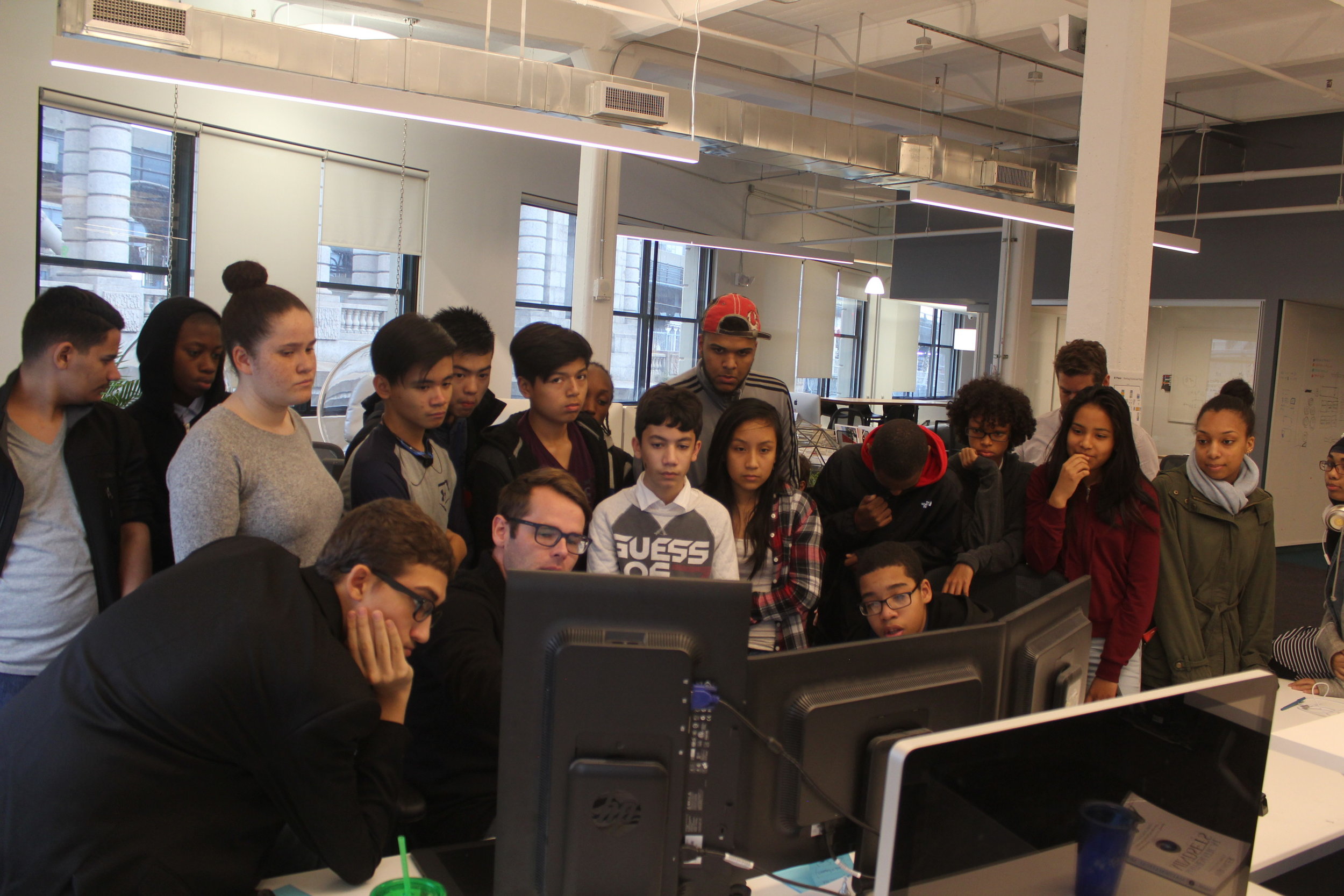Here's a recent Gizmodo post about the new interactive mapping kiosks that will soon appear on platforms in NYC. It's worth noting that these kiosks are not being paid for by the MTA. They will undoubtedly fill a need, but it's worth noting the very last paragraph of the Gizmodo article:
"This contextual advertising, as we've learned from the web, is way more valuable than the advertising we see every day. And in an effort make the ads even more lucrative, Control Group might implement some crazy (and privacy addling) video-tracking technology. The company has proprietary tech that can track demographic information about people as well as information about their mood. Bad news: creepy. Good news: maybe lower fares?"
For those of you who think sentiment tracking sounds like a sic-fi fantasy or conspiratorial paranoia, I suggest you check out SceneTap (tracking gender and age) and Affectiva (tracking your emotional response). Megabuck$ will be made silently tracking who you are, where you are, how you feel (big pharma, anyone?) and how you are responding to stimuli – biologically – in real time.
Some recent polls show the average American doesn't seem to mind the digital invasion of privacy but I think it depends on how you ask the questions. I'm all for an open and informed debate as we enter a new age of technological empowerment. The real question is: Who will be more empowered?
I suggest most people don't have a problem with "digital privacy" for many reasons, but here are my top three observations:
1. The average citizen can't fully comprehend the true speed and power of digital innovation. Even the clunky old zip code is still put to good use and it's an ancient technology compared to the algorithms and technologies that will be invented and deployed before tomo.
2. As citizens, we haven't fully contemplated or prioritized a discussion about the distinctions between the rights of a digital citizen and those of an analog citizen. Here's what's going on the rest of the world.
3. We continue to whole-heartedly (and unquestioningly) welcome the exchange of privacy for convenience.
(WWDDS) What Would Don Draper Say? – about the position of the modern consumer in this new equation of advertising? It's an open question to everyone involved with content creation, design and advertising in a time of rapid change.
See also, insidious, acquiescence.





